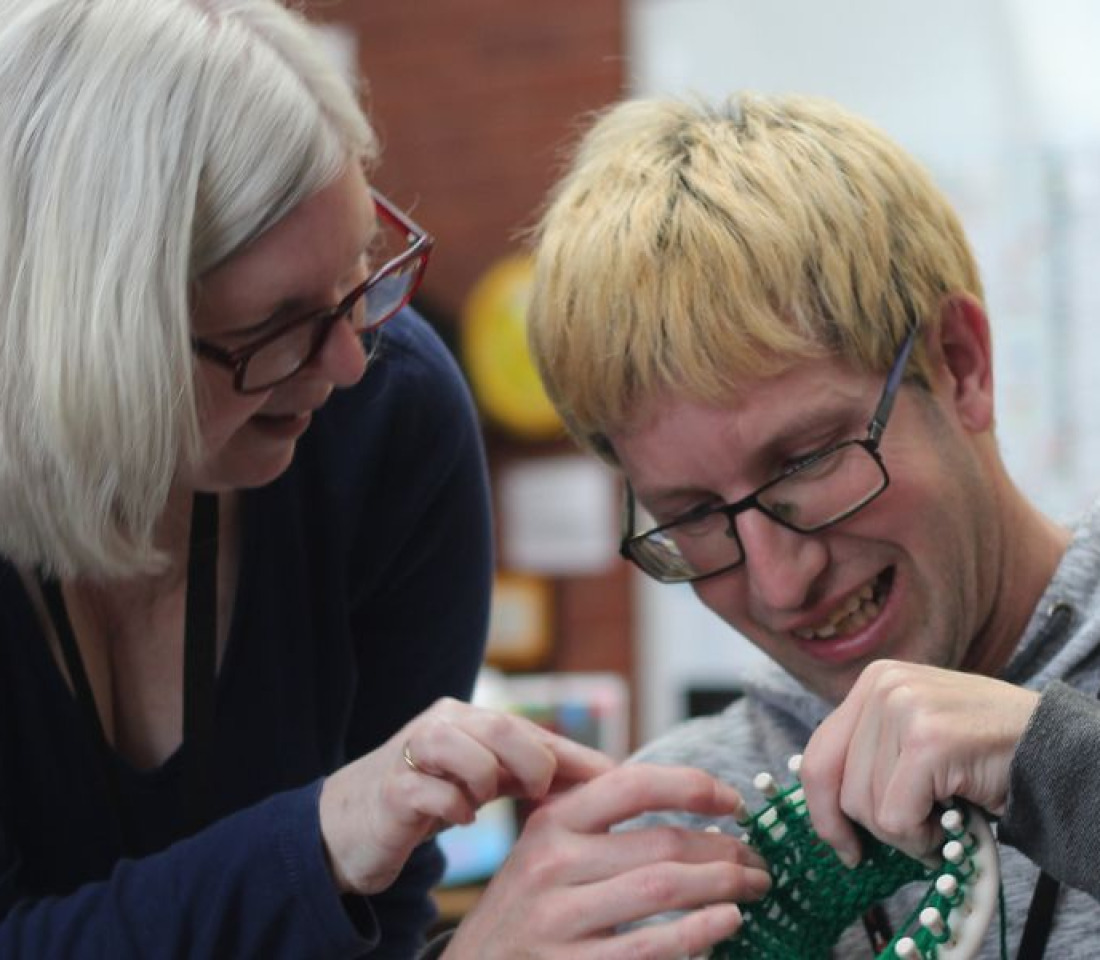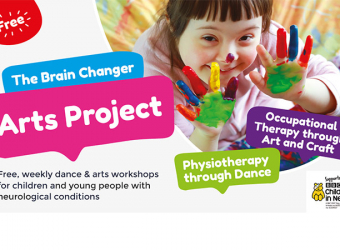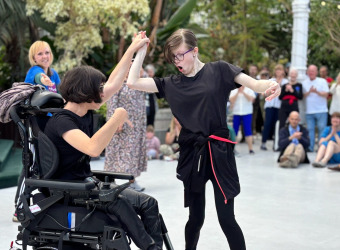What is Canavan’s?
Canavan’s is a rare, inherited neurological condition that gets worse over time. It belongs to a group of conditions called leukodystrophies which affect myelin – the protective barrier surrounding nerve cells in the brain.
In a healthy brain, myelin helps to carry signals quickly around the body. In a person with Canavan’s, something goes wrong with the way myelin is made, creating small holes in the myelin layer. Under a microscope this can look like a sponge – which is why you may sometimes hear the term spongy degeneration.
Canavan’s usually affects babies and young children. Rarely, milder symptoms will appear in older children and teens.
It is a genetic condition – both parents must carry the affected gene.
What causes Canavan’s
Canavan’s is caused by the ASPA gene not working as it should. In a healthy person, the ASPA gene gives instructions to the body to make an enzyme called aspartoacylase, which protects the brain from unhealthy chemicals.
In a person with Canavan’s there isn’t enough aspartoacylase, which causes a chemical called N-acetyl-aspartate (NAA) to build up in the brain. This build up damages the myelin layer that protects the nerves and keeps them working properly. This stops the brain from sending messages as it should, affecting the way the body develops.
What are the symptoms of Canavan’s?
The symptoms of Canavan’s commonly begin around 3 – 6 months and these include:
- Abnormal muscle tone – a baby’s muscles may appear floppy, or they may struggle with movement
- An unusually large head – known as macrocephaly. This may make it harder for a baby to control its head movements
- Developmental delays – including difficulty rolling, sitting or crawling
- A baby may struggle to nurse or feed – due to difficulties with swallowing
- A baby may appear quiet – showing little interest or emotion
These symptoms can progress quite quickly and you may notice:
- Hearing/vision loss
- Muscle spasms
- Delays in learning
- Seizures
- Breathing difficulties
- Loss of skills
If Canavan’s develops in late childhood or teens, you may notice:
- Mild learning problems
- Muscle weakness and poor co-ordination
- Balance problems
- Speech and language difficulties
- Vision or hearing changes
There is currently no cure, but treatments such as physiotherapy and occupational therapy, medication and mobility aids can really help to make caring for a child with Canavan’s much easier.
Currently, gene and enzyme therapy trials are ongoing in America, which provides hope to families affected with Canavan’s.
















